Commitments
A major component of the Summit’s efforts in revitalising democracy and countering corruption and authoritarianism is the concrete commitments made by governments, both at and in the aftermath of the Summit. Find below short summaries of country written commitments, and explore which countries made what commitments, both verbally and written, with International IDEA’s analysis of commitments on our Commitment Dashboard.


Croatia connected the three pillars of the Summit with ongoing initiatives, committing to implementing specific actions and cooperative measures, especially in Southeast Europe. To fight corruption, Croatia commits to continuous improvement of its anti-corruption framework, detailing objectives and measures associated with their Strategy for the Prevention of Corruption 2021-2030, the full implementation of which will begin in 2022 across a variety of initiatives. In defending against authoritarianism, Croatia commits to upholding free and fair elections, supporting technical assistance projects in the region, opposing internet shutdowns, enshrining protections for civil society, and supporting vulnerable peoples in fragile contexts. To advance human rights, Croatia will promote best practices for responsible business conduct and increased accountability for human rights violations and law enforcement practices, and support the full participation of underrepresented and vulnerable populations.


Denmark’s commitments build upon existing domestic initiatives, especially regarding new technologies, and their considerable international engagement. Internationally, Denmark has launched the Tech for Democracy initiative, a multi-stakeholder push to protect democracy and human rights in technological development. Nationally, Denmark is pursuing three initiatives regarding new technologies: a White Paper which sets out nine principles for a more responsible society with big tech, a series of proposals for stricter requirements for tech giants and social media, and an inter-ministerial and expert group on big tech. Denmark aims to explicitly pursue synergies with US initiatives and other international partnerships, with annexes outlining areas of cooperation under the Summit’s three main pillars.


Germany made a specific set of commitments, setting out a number of initiatives targeted towards the three pillars of the Summit and committing funding. Key approaches include fighting antisemitism, racism and extremism, supporting social cohesion, supporting the rule of law, media freedom and diversity, addressing the opportunities and challenges associated with digitisation, involving sub-national governments, supporting renewed civic education, promoting beneficial ownership and other forms of digital transparency, systematically mainstreaming anti-corruption measures in development cooperation, continued engagement in international anti-corruption fora, supporting internet freedom and the right to online privacy, increased due diligence and human rights-centric business practices, promoting the human rights and protection of various vulnerable groups, and fighting the death penalty.
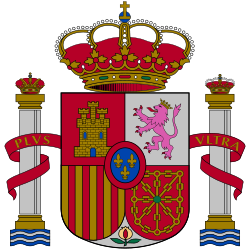

Spain released a series of actionable objectives with accompanied expectations and dedicated funding. For a New Social Contract: Renewing Democracy with the Objective of Leaving No One Behind will open a discussion on the present and future of Latin American democracies by sharing common experiences throughout 2022, with the lessons learned channelled towards renewing cooperative projects. Meeting Our Commitments – Accountability Report sets out reporting requirements and parameters for open access to data on the government’s work and initiatives. Quality Infrastructure in Latin America and the Caribbean to help develop the capacity in participating countries to counter corruption and create a more reliable environment for investment. Ellas+ Fund: Women’s Political Empowerment will aim to promote and support initiatives that raise the ability for women to participate and benefit equally from systems of governance.


Italy made a series of commitments to further engage with and develop new and existing action plans, including the provision of necessary financial resources. The National Recovery and Resilience Plan and other listed action plans will support gender equality, social inclusion and cohesion, and youth education and employment, fight racial and ethnic discrimination and includes reforms for the public administration and judiciary. These efforts will also be supported through a number of different strategies and initiatives, including at the international level. Also important will be efforts in human-rights centric use of AI, and safeguarding media freedom, and countering cyber interference, electoral interference, and corruption.


Ireland made commitments under four headings. Ireland commits to combatting racism, xenophobia and intolerance through a combination of legislative and educational measures. To strengthen democracy, Ireland commits to establishing an independent statutory Electoral Commission, active engagement with the recently-established Future of Media Commission, which will make recommendations on reforming the media sector, and reviewing their defamation law to safeguard freedom of expression while balancing it with the right to access to justice. Ireland further commits to equality budgeting, moving towards incorporation of equality concerns into the budgetary process. Lastly, Ireland will continue to support democracy and civil society through multilateral efforts.


Norway made a series of commitments both domestically and internationally. Norway is committed to fighting corruption in the private and public sectors, making a number of commitments to engage actively in international fora and initiatives. To defend against authoritarianism, Norway will support inclusive constitution building processes; strengthen support to freedom of expression and safety of journalists; strengthen support to civil society through EEA and Norway Grants; continue its long-term support to civil society in the Western Balkans; step up support for the Digital Public Goods Alliance and for efforts against disinformation; and work to maintain, promote and improve export tools. In advancing human rights, Norway will continue to support UN entities and contribute meaningfully to the UN Human Rights Council, develop a new gender action plan for foreign and development policy and a new action plan for LGBTQIA+ people, and develop a strategy on disability inclusive development.
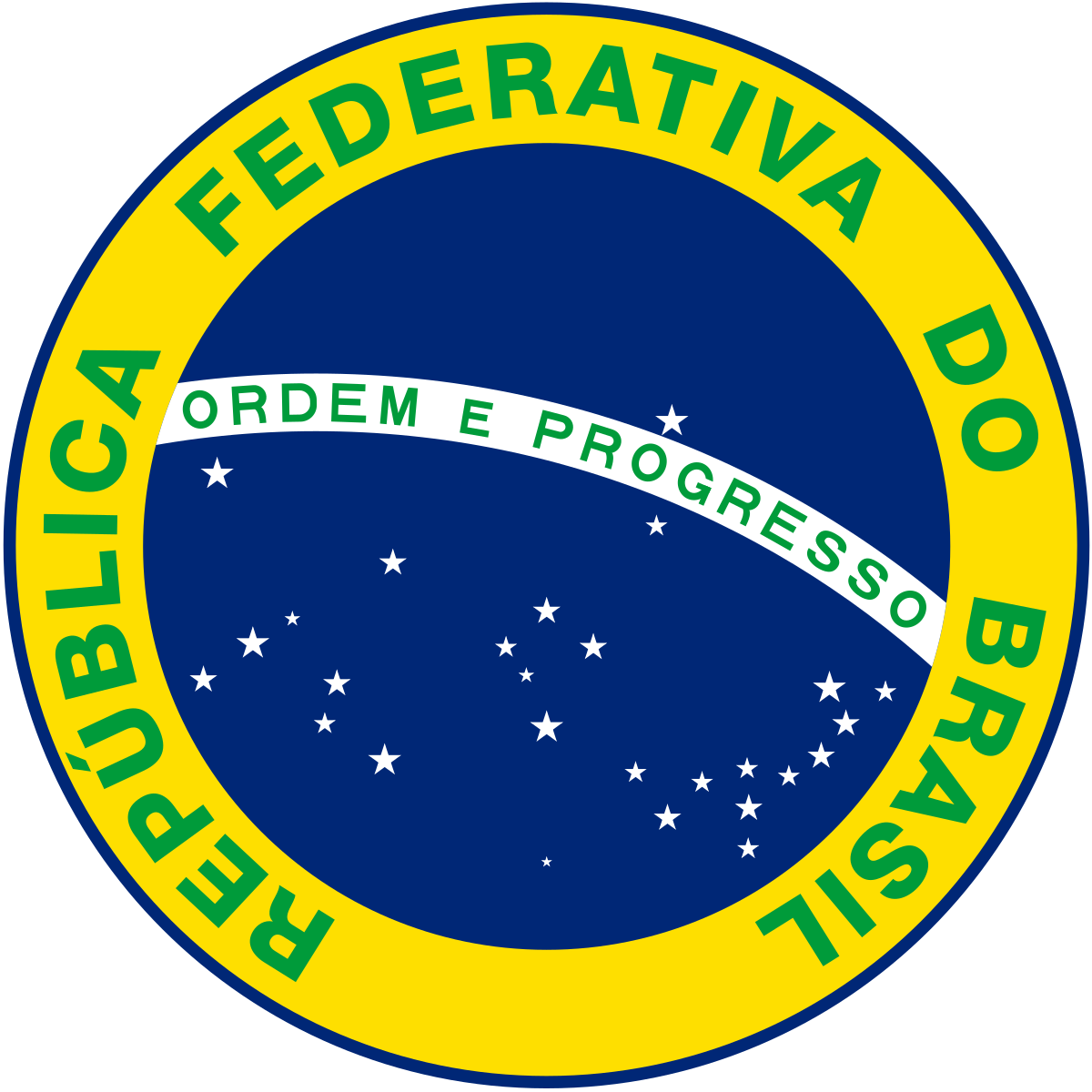

Brazil released commitments under the three pillars of the Summit. To support strengthening democracy, Brazil commits to ensuring free and fair elections, increasing women’s political participation, safeguarding freedom of expression and online debate, guaranteeing the right to assembly and association, and cooperating globally to support democracy and the rule of law. In terms of advancing human rights, Brazil commits to the personal safety of its citizens and families, fostering social inclusion and human development, protecting the vulnerable, guaranteeing women’s rights, protecting the rights of indigenous peoples, and countering racism. To fight corruption, Brazil will continue to advance their comprehensive national anticorruption plan, foster cooperation between relevant authorities, promote transparency and accountability, support the use of new technologies, and work with international forces and instruments.


Japan announced three initiatives to work together to support democracy: making governments more transparent (fighting corruption), strengthening democracies (defending against authoritarianism), and augmenting respect for human rights (advancing human rights). For fighting corruption, Japan commits to implementing existing international frameworks and development assistance in a transparent manner, as well as assistance programs in listed countries. In defending against authoritarianism, Japan will support the development of free and fair elections and assistance programmes towards capacity building in listed countries, and strengthen coordination on countering disinformation. To advance human rights, Japan will promote responsible business conduct, cross-ministerial efforts, and the empowerment of women and other vulnerable groups.


Canada made commitments under the Summit’s three pillars. To defend against authoritarianism, Canada will establish a new centre to expand the availability of expertise in supporting democracy, work to expand support for fragile contexts, raise the voices of young people in Canada, engage fully in its leadership roles in various international initiatives, strengthen its support for elections, and raise the rights of women and Indigenous peoples. In fighting corruption, Canada will support capacity-building and transparency abroad, convene a high-level roundtable on countering corruption, support the implementation of a publicly accessible corporate beneficial ownership registry by 2025, increase the proactive publication of information from government bodies, and incorporate principles of human rights and the environment into procurement. To protect human rights, Canada will take steps to address racism in its justice system and societally, particularly regarding the Indigenous community and through a National Plan on Combatting Hate, develop a LGBTQ2 Action Plan, work to diversify the types of refugees Canada accepts and to resettle and protect additional refugees from Afghanistan, advance responsible business conduct amongst Canadian corporations, and work internationally to support free media and ethical use of new technologies.


Finland made a series of commitments both at home and abroad, placing human rights, the rule of law and democracy at the core of its actions. Globally, Finland’s Rule of Law Centre and Demo Finland will support the development of the rule of law and inclusive political participation respectively. At home, Finland is pursuing such initiatives as the National Democracy Program 2025, which will promote participation and new forms of engagement with civil society, as well as the Updating Democracy Project and Ministerial Group on Internal Security and Strengthening the Rule of Law. Finland also commits to renewed focus on human rights and anti-corruption both domestically and internationally. Lastly, the Freedom Online Coalition and Generation Equality Campaign initiatives will support a free, open and safe internet for all.


Kosovo gave timelines for initiatives under the Summit’s three pillars. In fighting corruption, Kosovo will implement the National Strategy on the Rule of Law, improve the vetting process in the judicial sector, adopt the Magnitsky Act, and seize illicit wealth though new laws on unjustifiable assets, declaration of assets by public officials, and protecting whistleblowers. To defend against authoritarianism, political parties will sign a Pledge on Election Integrity, and Kosovo will work to combat foreign interference in elections, create a Platform on Information Integrity, and improve the operating environment for CSOs. For advancing human rights, Kosovo will establish a Presidential Council for Democracy and Human Rights, and bolster the role of women in society through harmonised laws guaranteeing women’s roles in decision-making, the adoption of a national strategy against gender-based violence, and hosting a Summit for Women in Peace and Security.


Estonia made internationally-facing commitments on media freedom, free, open and secure digital governance and society, and the advancement of democracy. Estonia hosted the most recent Global Conference on Media Freedom in February 2022, and between 2022 and 2024 will co-chair the Open Government Partnership. The Tallinn Digital Summit promotes democratic values and fundamental freedoms in the digital sphere, with the 2021 Trusted Connectivity initiative providing a shared framework for democracies to coordinate their connectivity initiatives. The fall 2022 edition of the Summit will focus on translating the framework into practice. The GovStack initiative works to advocate for the use of digital public goods and build effective and cost-efficient public services, with Estonia continuing to contribute to the UN Secretary-General’s High-Level Panel on Digital Cooperation, and other relevant digital and cyber processes and initiatives. Development cooperation activities will be continue in the Eastern Partnership, Africa and Western Balkans, and co-financed operations with the United States will be launched in 2022 in Ukraine, Moldova and Georgia. Estonia will also make several financial contributions to various democracy-promotion funds, organisations and initiatives.
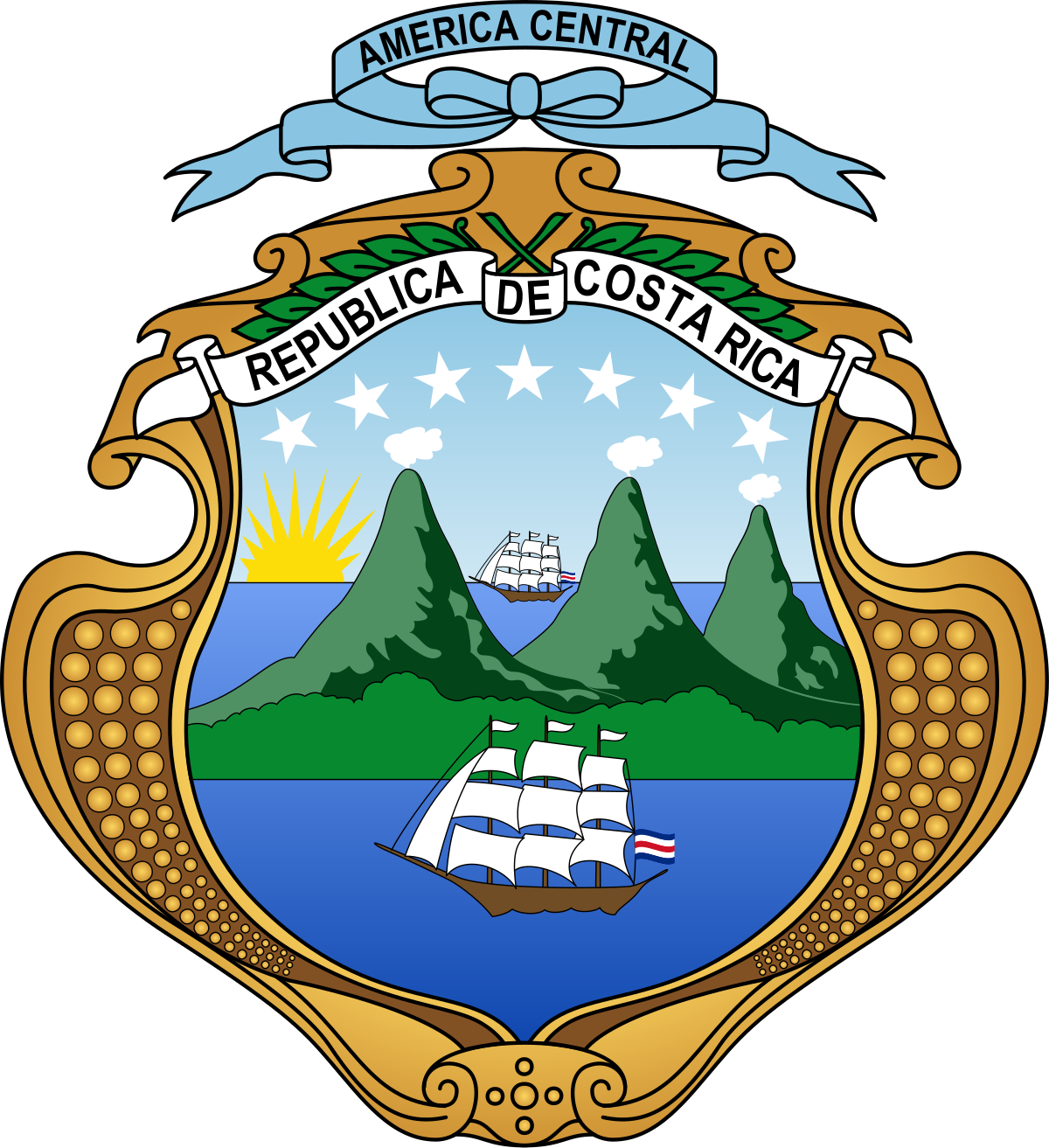

Costa Rica proposed concrete actions at the national and regional level under five headings. To fight corruption, Costa Rica will promote access to justice and independence of the judiciary, continue to ensure sufficient resources and efficiency and transparency in their use, expand the use of existing and promoting new programmes to prevent violence and corruption across all municipalities in the country, and promote regional exchange of best practices. To defend against authoritarianism, youth representatives will be brought together to promote the adoption of principles to reject disinformation. In advancing human rights, Costa Rica will defend and promote the Inter-American Human Rights system through the pursuit of various regional initiatives, and join and actively participate in the Lifeline Embattled CSO Assistance Fund. The country will advance the creation of human talent capacities for employability and social peace by pursuing initiatives to generate quality employment and improve the quality of education, especially for women and young people. Costa Rica remains dedicated to the fight against climate change, committing to defend and promote the San Jose principles to guarantee integrity in carbon market systems, implement a National Decarbonisation Plan in a medium-term perspective, and defend the protection of biodiversity.


Sweden made several domestic and a series of international commitments. Domestically, Sweden will work towards high and equal turnout in its 2022 elections, establish a new National Human Rights Institute and a new government agency for psychological defence, and present action plans to target different forms of racism. To fight corruption, Sweden will prepare a new law to screen foreign investments, implement an Anti-Corruption Action Plan and a Guidance to help horizontally integrate anti-corruption in development efforts, and implement a new Anticorruption Partnership Pilot Programme with the U4 Anti-Corruption Resource Centre, while continuing and increasing its international funding and collaborative efforts. In defending against authoritarianism, Sweden will continue to promote its “Drive for Democracy” initiative, building off its previous Democracy Talks with sessions in 2022, continue its extensive support for democracy worldwide, support the International Fund for Public Media, and host a digital High-Level Meeting on environmental human rights defenders. To advance human rights, Sweden will prioritise the topic during its EU Presidency, continue to pursue its work on ethical digital technology in collaboration with various partners and initiatives, support or consider to support international initiatives including the UN Development Group’s Human Rights Mainstreaming Multi Donor Trust Fund, Coalition for Electoral Integrity, and Lifeline Consortium, and will continue to maintain strong support for human rights defenders. To promote gender equality, Sweden will launch a new global strategy for gender equality and women’s and girl’s rights, strengthen support for women’s economic empowerment and to civil society organisations promoting women’s rights, and participate in the Global Partnership for Action on Gender-Based Online Harassment and Abuse.
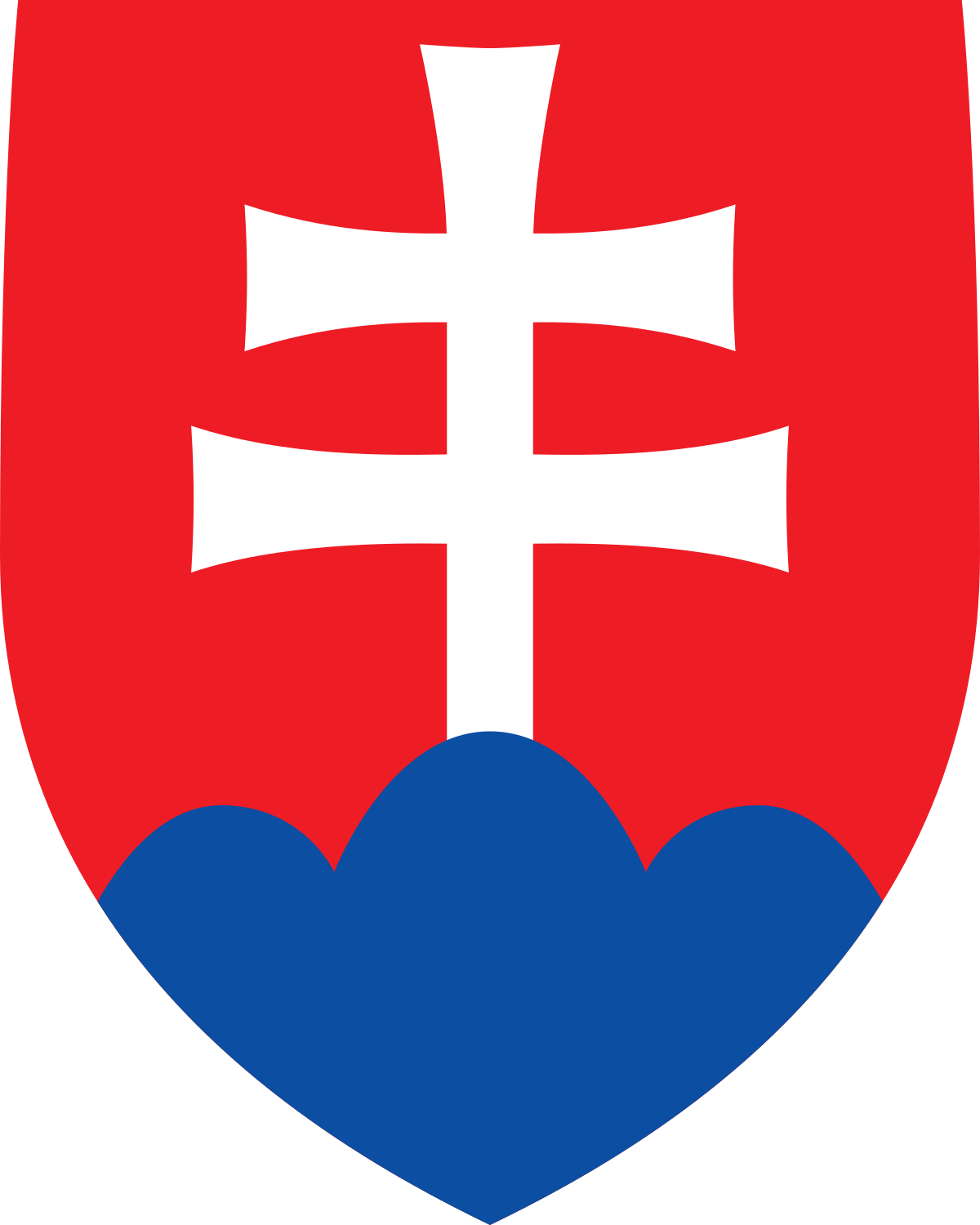

Slovakia made a series of commitments at home, in the EU and internationally addressing different aspects of corruption’s detrimental impact on democracy. At home, Slovakia will enshrine the protection of journalists in media-related laws, fight against disinformation, reform the judiciary towards rebuilding public trust, increase transparency of Beneficial Ownership, further implement the new Act on forfeiture of Assets and Management of the Seized Property and Whistleblower Protection Office, draft legislation on lobbying, and strengthening the role of and further engaging with civil society through several initiatives. Slovakia stated broad engagement across and support for commitments in the EU and internationally that support these same themes, notably by doubling its foreign aid assistance for independent media and investigative journalism.


Malta made commitments under the headings of the Summit’s three main pillars. To fight corruption, Malta will work to increase Beneficial Ownership transparency, ensure the integrity of public officers, and implement the National Anti-Fraud and Corruption Strategy 2021-2023. In defending against authoritarianism, the government will table an anti-SLAPP bill, establish a Committee of Experts on media reform and the protection of journalists, and introduce standard operating procedures for police on how they deal with journalists. For advancing human rights, Malta is proposing the establishment of a global database to share information on vessels which may be used for illicit purposes, implementing agreed-upon reforms for judicial and institutional reform, and digitalising their courts between 2022 and 2027.


Belgium made commitments at the multilateral and domestic levels. At the multilateral level, Belgium made monetary commitments to various initiatives, including through the Belgian fiduciary fund, a call for proposals to enhance civic space in Burundi, Tanzania and Uganda, increasing core funding to the UN Office of the High Commissioner for Human Rights and providing earmarked funding for its offices in the DRC, Guinee, Palestine and Uganda, and the OHCHR’s Rule of Law and Democracy Section and its project “Harnessing the digital potential for human rights”. The country also restated its commitment to the Team Europe Democracy Initiative. Domestically, Belgium will adopt a national action plan to combat racism, implement the new national action plan to combat gender-based violence, launch a participatory process to modernise and deepen its democratic principles with an online citizen platform, lower the voting age to 16 for EP elections, and to ratify the Council of Europe Convention on Access to Official Documents and the Additional Protocol to the European Charter of Local Self-Government.
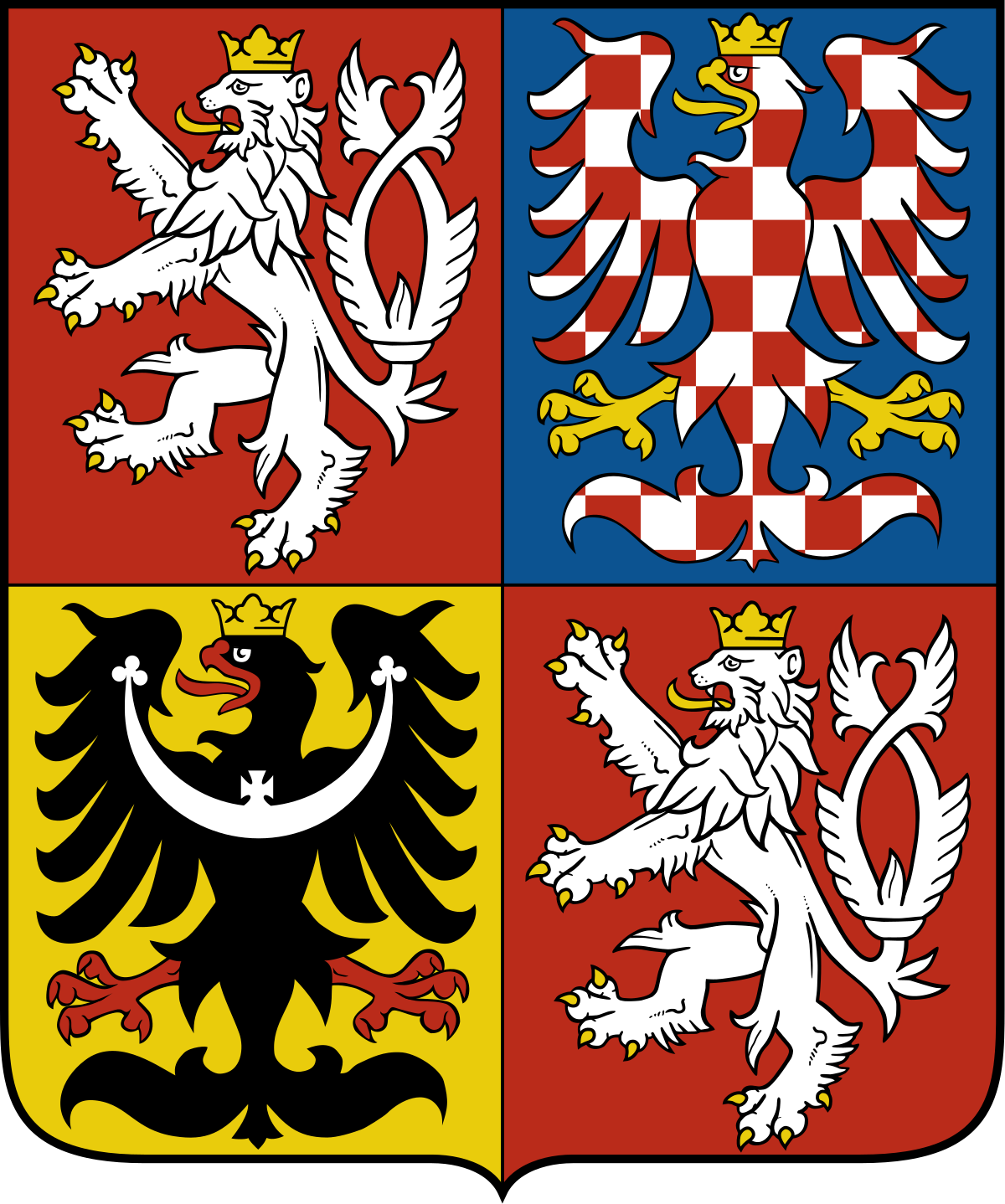

The Czech Republic made commitments to support free and fair elections, civil society and human rights defenders, media freedom, and anti-corruption. The country pledges to introduce mail-in voting for citizens abroad and strengthen resilience against hybrid threats. Czechia will support human rights defenders, promote accountability for violations, establish a National Human Rights Institution to monitor domestic implementation of international standards, and make financial contributions through their Transition Promotion Programme of the Ministry of Foreign Affairs and the Lifetime Embattled CSO Assistance Fund. Media freedom will be protected by raising the independence of Czech media through additional funding and protection, close cooperation with independent media outlets and programmes which fund independent journalists in Eastern Partnership countries, Russia and the Western Balkans, increased engagement with the Media Freedom Coalition and financial contributions to the UNESCO Global Media Defence Fund. Czechia will further implement conflict of interest and anti-corruption measures, increase legal protection for Whistleblowers, introduce a Government Strategy for Fighting Corruption 2023 – 2027, and adopt the sixth National Action Plan of the Open Government Partnership.


To protect human rights, Ukraine will ratify relevant treaties and conventions and cooperate with various international fora, increase responsibility for violence against others, address the excessive length of legal proceedings, improve direct democracy, and promote measures against anti-Semitism and xenophobia. To fight against corruption, Ukraine will build on its work in recent years to adopt a new anti-corruption strategy, introduce innovative digital technologies, increase transparency and accountability of public finances, create a centralised information resource, and adopt and implement legally-sound legislation. In combatting against authoritarianism, Ukraine will act to bring Russia to justice for its aggression in Ukraine and annexation of Crimea, and step up its efforts to combat disinformation including through an international television platform and systematic information campaign, and continue to support the citizens of Belarus and work with international partners.


Paraguay made commitments under the three main pillars of the summit. To combat corruption, Paraguay will strengthen the operational capabilities of its anti-corruption framework, and create a task force against money laundering and terrorist financing. In defending against authoritarianism, Paraguay will work to strengthen its own democratic institutions and in the region, strengthen the oversight capabilities of civil society by fostering active transparency, and promote the creation of an inter-institutional committee on foreign investments. For advancing human rights, Paraguay will strengthen the government’s capacity to protect the rights of Indigenous communities, and work to combat child labour and forced labour.


Romania made domestic and international commitments under the Summit’s three pillars. To fight corruption, Romania will implement bans on foreign bribery, enhance anti-corruption measures related to health and environment, share know-how on strengthening institutional capacity to counter corruption in the neighbourhood region, and contribute to financing of projects in PAE and ECOWAS countries. In defending against authoritarianism, Romania will strengthen legislation to ensure accurate news, combat electoral interference with the enactment of the National Electoral Network, analyse its current legislation on freedom of the media, implement nation-wide training activities on democratic citizenship and media education, and expand control over the export of cyber monitoring products. To advance human rights, Romania will draft an integrated methodology for the improvement and harmonisation of data on anti-Semitic incidents, in its UN Peacekeeping Mission support prioritise education and training on the role of armed forces in a democracy and strengthening accountability for acts of gender-based violence, implement bilateral cooperative efforts to counter human trafficking, launch a new national programme to support victims of domestic and gender-based violence, a campaign to counter cyber-hate, a Roma inclusion strategy 2021 – 2027 and an awareness-raising campaign to prevent and combat violence against women, and support women’s empowerment with the National Action Plan 2022 – 2027 for the economic and political empowerment of women.


Taiwan made domestic and international commitments under the Summit’s three pillars. In fighting corruption, Taiwan will pursue anti-corruption and fiscal transparency and open government by implementing whistleblower protections and national action plans for open government and parliament, publishing a report on UNCAC adherence and incorporating open governance into civic education, and engaging and investing in various international and regional fora. To defend against authoritarianism, Taiwan will foster civic participation and democratic institutions, counter disinformation, and support religious freedom through new measures to facilitate public participation and expand political and religious financial disclosures, media literacy education, protection for journalists against criminal libel and slander provisions, and a number of associated international and regional initiatives, notably with Lithuania against hybrid threats. For advancing human rights, Taiwan will pursue measures at the national, regional and international level to support human rights broadly, gender, disability and race, and business and labour rights.


Albania made commitments to continuing judiciary reform; combatting corruption and organized crime by investing in e-services to close loopholes and ensure good governance and transparency; engaging with the Open Government Partnership to ensure meaningful public dialogue with all sectors of society; and implementing digital public services.


Georgia made commitments under the headings of judicial and electoral reform, and human rights. Further reforms of the judicial system and electoral code will be undertaken through an inclusive process, taking into account previous findings and recommendations and international best practices. Regarding human rights, Georgia commits to adopting the second National Human Rights Strategy in the first half of 2022, adopting further protections for women, and increasing access to state support services.


Australia made commitments at home and abroad. To defend free and fair elections, Australia has established an Electoral Integrity Assurance Taskforce to mitigate risks to the integrity of Australian elections and a new Transparency Register, is supporting work to enhance resilience against disinformation across the Indo-Pacific region and is providing support and training to EMBs in 16 Pacific Island Countries. The country will join the Coalition for Securing Electoral Integrity in 2022. To protect and promote human rights, Australia will strengthen its discrimination laws to include religious belief or activity, has committed 1.1 billion dollars for women’s safety measures in 2021 and 170 million dollars over five years to the Pacific Women Lead Programme, and is reforming and modernising its autonomous sanctions laws. In fighting corruption and foreign interference, Australia has introduced legislation to strengthen existing foreign bribery laws, has committed to establish a Commonwealth Integrity Commission, and will work with partners to create a joint code of conduct under the Export Controls and Human Rights Initiative. To protect a free and independent media, Australia’s new Digital Platforms Mandatory Bargaining Code aims to support the sustainability of journalism, the government has invested 50 million dollars in the Public Interest News Gathering program to support regional media impacted by the pandemic, and will provide 4 billion dollars over three years to national broadcasters.


To strengthen democracy, Peru commits to combatting poverty, promoting political dialogue and consensus-building, deepening regional and international cooperation and solidarity, strengthening electoral systems, guaranteeing freedom of expression and combatting disinformation, and participating in democratic dialogues. To protect human rights, Peru commits to strengthening policies to safeguard citizens’ rights, balancing between economic development and environmental protection, increasing international cooperation in the digital sphere and in global healthcare, protecting human rights defenders, and supporting initiatives on migration and refugees. To fight corruption, Peru commits to implementing the Political Declaration adopted at UNGASS 2021, evaluating their implementation of the UNCAC, promoting transparency at all levels, establishing safeguards, and strengthening legal frameworks and synergies with different agencies and international fora.


Greece made commitments under four special policy agendas: rule of law, accountability, anti-corruption, and inclusiveness. Under rule of law, Greece is engaged in projects to reform its legislation, and is interested in supporting initiatives targeting dissidents. To improve accountability, Greece has imposed new obligations on communicating government plans to the public, and strengthened the oversight abilities of the opposition. Regarding anti-corruption, Greece established the National Transparency Authority and strengthened the competence of the Court of Audit, transferred non-political competences to the bureaucracy, will increase digitisation of services, and will adopt a national action plan against corruption 2022-2025. Under inclusiveness, Greece has or is launching action plans for the rights of disabled people, gender equality, and youth, and a national LGBTQIA+ strategy,


The United Kingdom made commitments under the Summit’s three pillars, giving special emphasis to security partnerships, global norms and collaboration on technology, and engaging with like-minded countries on trade, infrastructure and investment. To fight corruption, the UK will implement measures to promote corporate transparency and fight economic crime, provide technical assistance and capacity building for international partners, invest in asset recovery transparency, develop a new anti-corruption strategy, and implement open data standards in public procurement. In defending against authoritarianism, the UK will invest in security partnerships with key allies, strengthen international trust in democracy, build back better through its Clean Green and Construction Sector Transparency Initiatives, foster trade pacts that support free enterprise democracies, and support international principles that uphold a democratic and ethical role for new technologies. Domestically, the UK is bringing in new legislation to protect elections, ensure democratic transparency and integrity of public life, and build media literacy and support media freedom and sustainability. To advance human rights, the UK will deliver an international forum on Freedom of Religion or Belief in July 2022, support gender equality, and take domestic action against online harms to children.


Switzerland made commitments under the Summit’s three pillars. To defend against authoritarianism, Switzerland is committed to upholding inclusive, transparent and credible elections and supporting the conflict- and context-sensitive implementation of digital democracy, especially in terms of political engagement and transparency and accountability of the electoral process. In countering corruption, Switzerland will improve access to information by competent authorities on real estate ownership, promote knowledge exchange, organise seminars to boost public-private collaboration in asset recovery, and continue to implement the “E-Governance for Accountability and Participation” programme in Ukraine. To promote human rights, Switzerland will support free expression and independent media through various international initiatives, promote transparency in the extractive sector globally, and establish a permanent and independent National Human Rights Institution by the beginning of 2023.


Latvia made four commitments: Enhancing capacity for media literacy, research, and exposure of disinformation, not only at home but also in Europe’s Eastern Neighbourhood; strengthening civil society on an international level, with efforts concentrated in Belarus; contributing towards the cessation of the occupation of Crimea by organising an international event to facilitate multilateral efforts towards the de-occupation of Crimea; and implementing efficient collection of information on legal and beneficial ownership of joint stock companies.
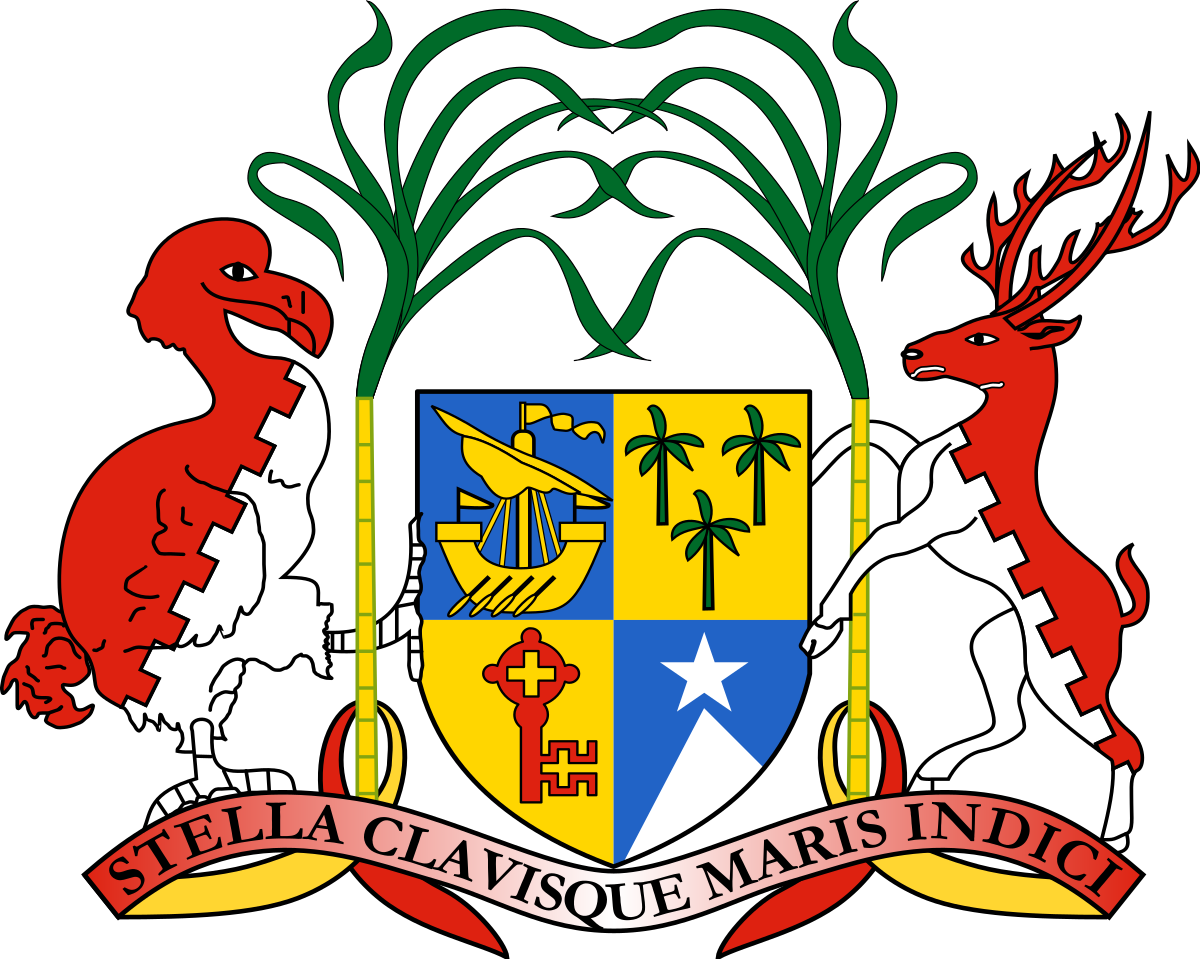

Mauritius commits to strengthening democracy domestically, especially through the Government Program 2020-2024. These include electoral reform to ensure political and social stability and raise women’s representation; pending parliamentary consensus, re-introducing a Bill on the Financing of Political Parties into the National Assembly; introducing a code of conduct for parliamentarians; and reviewing the current financial crime framework with a view to consolidating it. Internationally, Mauritius commits to strengthening international norms, taking action to prevent and combat corruption, and addressing online harms to democracy.


Moldova made domestic commitments under three headings. Moldova will continue to engage in reform of its justice sector and to properly vet its judges and prosecutors. Anti-corruption efforts will continue, working towards strengthening existing anti-corruption bodies and appointing transparent and honest leadership of these bodies, discouraging corrupt practices, and strengthening accountability and enforcement measures. Moldova will also fight illegal financing of political parties by enforcing strong mechanisms of oversight and sanctions for infringements.


Portugal is committed to improving full democracy through the full participation of all in public affairs, renewing and qualifying their political class, bringing legislation closer to the people, protecting human rights, and investing in civic education. To support human rights, Portugal will continue to participate in and support different multilateral fora and UN initiatives, apply to join the Freedom Online Coalition, support democracy and human rights in its development cooperation, strengthen local resilience in vulnerable communities, and deepen its support to Mozambique on counterterrorism and capacity-building efforts. In tackling corruption, Portugal will continue to support and promote anti-corruption and protection for whistle-blowers in its own framework and through that of the UNCAC.


Slovenia made commitments to fight against authoritarianism by raising awareness of and support for the victims of such regimes, promoting and protecting media integrity and safety of journalists, strengthening its activities against disinformation and hate speech, strengthening cooperation with civil society, awareness-raising on anti-Semitism, and protecting free and fair elections. To fight against corruption, Slovenia commits to managing and updating several relevant databases, and will strengthen its development and technical assistance to third countries, notably the Western Balkan and Eastern Partnership states, as well as engaging in the processes of relevant international fora. Slovenia will continue to be proactive in the promotion of and respect for human rights, especially through international fora and development cooperation, preventing and combatting human trafficking, providing equal opportunities for vulnerable individuals, and better integrating the Roma community.


Kenya made commitments to restore and entrench democracy in the region by supporting reconciliation between parties in Ethiopia, Sudan and South Sudan, and Somalia; strengthen the ongoing fight against corruption by continuing to develop accountable institutions and grow local solutions; and seek to deliver the UN Security Council mandate in the context of four broad policy pillars, 1) Regional peace and security 2) Counterterrorism 3) Peace support operations and 4) Climate-related security.


Montenegro is developing a Media Strategy 2022-2026, with the focus to create a safe environment for journalists, and a working group focussed on revising several media laws. The government will build on its two key anti-corruption bodies and a planned organisational unit in the Ministry of the Interior, planning on passing further legislation to further empower their capacity for fighting corruption. The government is developing a Strategy for Cooperation with the NGO Sector to facilitate better cooperation with civil society, especially in public policy and providing services. A working group has been established to amend the Law on Registers of Residence and Stay to improve electoral integrity. Montenegro is also working to digitise its judiciary through the Program for the Development of Information and Communication Technologies in Justice 2021-2023, which lists several initiatives targeted at different areas of the judiciary.


Mexico made commitments to fight corruption and prevent and combat the illicit traffic of guns. To combat corruption, Mexico will implement the National Program to Combat Corruption and the Improvement of Public Administration 2019 – 2024, along five aims: strengthening civic engagement, participation and monitoring; fostering a sense of ethics that emphasises prevention and accountability; strengthening oversight mechanisms in public contracts and government procurement; improving the professionalisation and integrity of human resources; and ensuring sufficient resources of institutions in a responsible and collaborative manner. To prevent the traffic of illegal guns, Mexico will develop joint strategies with its neighbours, especially the USA, to hold those trafficking guns accountable; and will work in multilateral fora to foster new standards, including holding perpetrators accountable for human rights abuses.
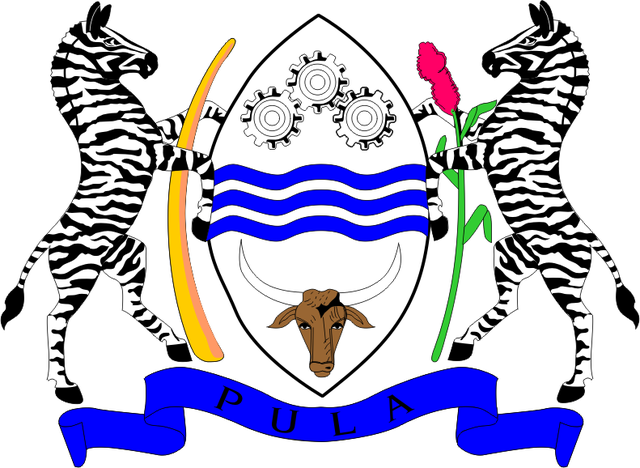

Botswana made commitments to democracy targeted at long-term democratic goals. Commitments to countering corruption and protecting human rights include the recently passed Law on the Declaration of Assets and Liabilities and the recently established Ethics and Integrity Directorate, as well as confirming Botswana’s future participation in global efforts to champion human rights. Three concrete pledges were made: Botswana will host the National Democratic Institute Democracy Summit in 2022. The country is currently pursuing collaboration between the University of Botswana and University of Virginia Presidential Precinct, highlighting areas in which they will focus such as becoming a leading Africa Leadership Centre on democracy and a 12-month Fellowship Initiative. Botswana will also strengthen support for Democracy Works Foundation Botswana, with a training initiative covering themes such as democracy and citizenship, and women’s political participation.


Lithuania made commitments to continue to support and shelter democracy fighters and activists, especially in its neighbouring countries Belarus and Russia; initiate and promote international measures to ensure accountability for gross violations of human rights, as well as justice for victims; actively engage with other frontline democracies under threat from authoritarian regimes to exchange best practices and to reinforce democratic resilience; and further actively support freedom of media and safety of journalists.


The Republic of Korea made commitments to share the cause of the International Fund for Public Interest Media and join efforts to protect independent media around the world; expand official development assistance for women’s capacity building in developing countries; share anti-corruption policies including the Anti-Corruption and Bribery Prevention Act, Prevention of Conflict of Interests Act, and protection system for whistle blowers; and share their e-government system with developing countries to promote government innovation and improved transparency.


The Netherlands made commitments to support the Export Controls and Human Rights initiative and the Freedom Online Coalition and to encourage cooperation between UN special rapporteurs on human rights issues. The country pledged 2,5 million euros to the Tech Project Program and 15 million euros to fund journalists in defence.
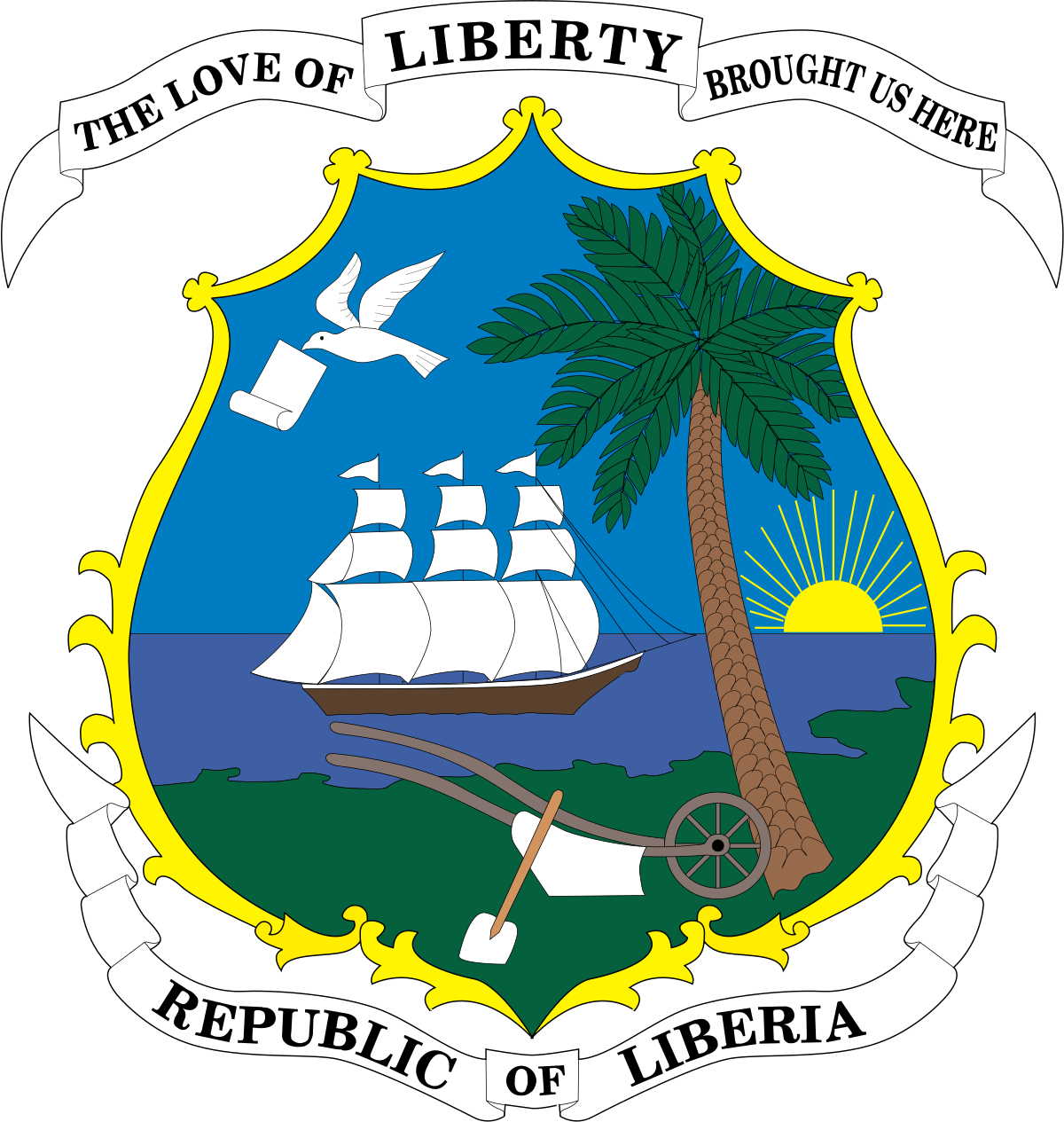

Liberia committed to amending the anti-corruption act to grant direct prosecutorial powers, propose legislation to establish a dedicated criminal court for corrupt practices and financial offenses committed by public officials, continue efforts to end gender-based violence, engage with traditional leaders to end harmful traditional practices, propose an anti-FGM bill, commit to fairness, transparency and accountability in election funding, prioritise women’s political participation, make all legislative votes public, and formalise customary land tenure.
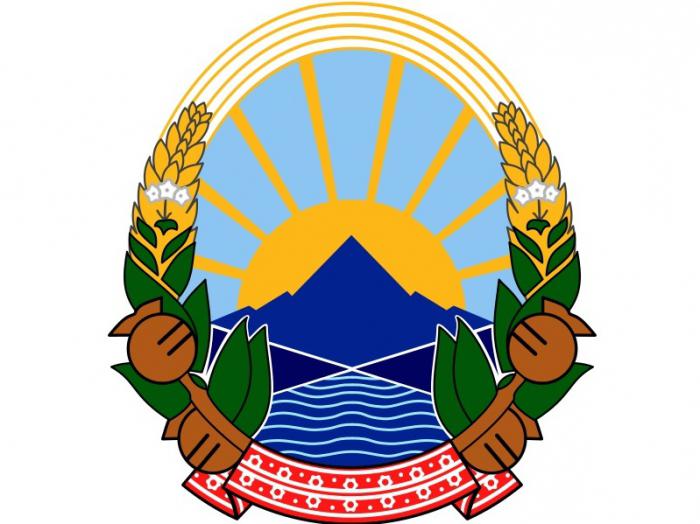

North Macedonia commits to defending democracy against authoritarian states, redoubling efforts in fighting corruption and organised crime, and safeguarding human rights and freedoms by building resilience accountable institutions, a strong civil society, and free media.


The Maldives made five commitments to: amend the existing Public Finance Act and regulations to eliminate gaps in the legal framework; aspire towards joining the Open Government Partnership; continue to work with the United States to enhance judicial capacity; ensure the space for an independent civil society free from undue influence; and increase the representation of women in decision-making roles in society.


New Zealand committed to advancing a human-rights centred approach to technology development and planning to work with partner nations to advance the Christchurch Call to Action. The country pledged 1 million NZD to support anti-corruption within the Pacific region, 150,000 NZD to the UNESCO Global Media Defence Fund, and to contribute to the International Fund for Independent Public Interest Media.


Austria released three commitments focussing on Belarus, the Western Balkans and Afghanistan, and a fourth with an international focus. In Belarus, Austria will engage with civil society and offer seminars on constitutional reform. In the Western Balkans, Austria will contribute to judicial reform, strengthening the rule of law and countering corruption. In Afghanistan, Austria will support human rights, especially for women and minorities. Internationally, Austria will promote media freedom and the safety of journalists by hosting an international conference in 2022 in Vienna.
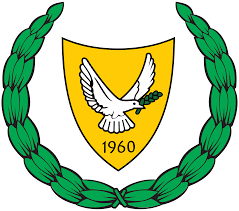

Cyprus made commitments under three headings: 1. the protection of children within the educational system, 2. the advancement of gender equality, and 3. the protection of labour rights. Under the first, Cyprus commits to strengthen online measures to counter the exploitation of children, to better support children with autism and other special needs, and reforming the justice system to better accommodate the unique situations of young offenders. To promote gender equality, Cyprus will set up a new body to coordinate and implement new policies to protect women, collect statistics in a unified archive, support a Europe-wide hotline, and promote the right to work for all and the key role played by women in conflict resolution and other fragile contexts. Finally, Cyprus will engage in a tripartite dialogue to reshape the traditional working environment and better enshrine the rights of vulnerable workers in Cyprus.


Poland committed to continue to promote democracy in Eastern Europe, including Belarus, advocate for the release of political prisoners in Belarus, and continue to host as welcomed guests the thousands of Belarusians who had to flee their country after August 2020 elections.
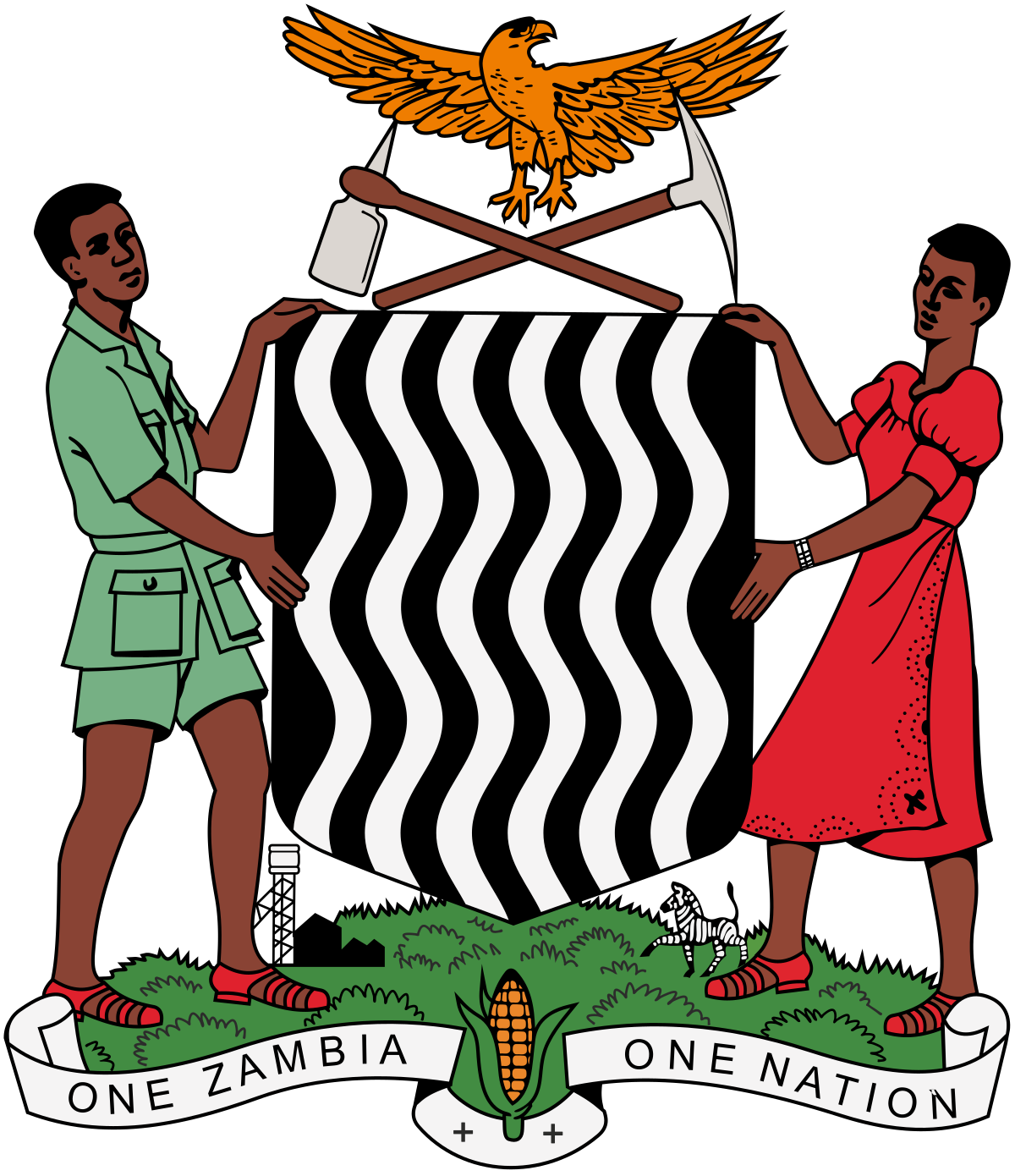

Zambia made three commitments: to ensure a free media, restore the rule of law by protecting the freedoms of assembly and association, and improve the transparency and independence of the Electoral Commission of Zambia.


Bulgaria made commitments to strengthen judicial independence, increase the accountability of the public prosecutor’s office, safeguard media freedom, and promote citizens’ trust in institutions.
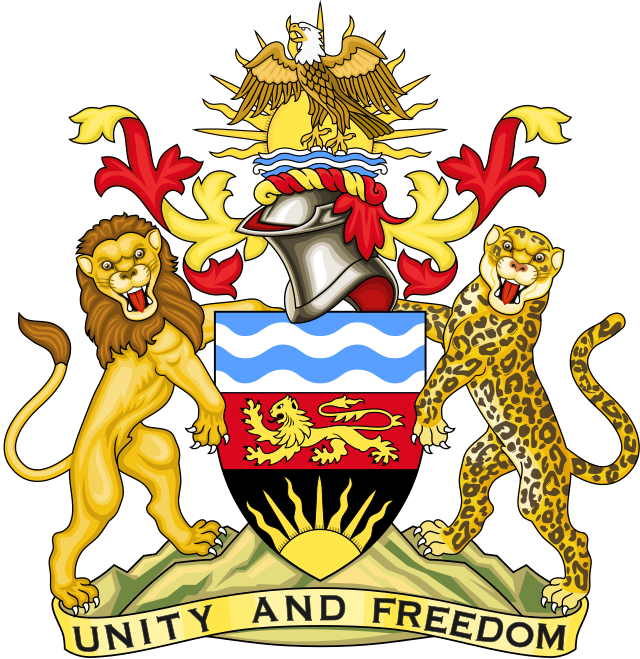

Malawi made commitments under the Summit’s three pillars. To defend against authoritarianism, Malawi will work to protect free and fair elections in terms of funding, equality, peacefulness, and transparency, and will enact further electoral reforms; will strengthen independent oversight bodies across the ombudsman office, legal aid, parliament, judiciary, police and free press; and will promote democratic values across the SADC region. In fighting corruption, Malawi will strengthen public finance governance and implement public sector reforms, including by enhancing the independence of its Anti-Corruption Bureau, reviewing its procurement and contract systems, working to reactivate its expired membership with OGP, and enforcing the Access to Information Act. To promote human rights, Malawi will provide additional funding to its Human Rights Commission, engage in dialogue with civil society, and work in its capacity in different international bodies to protect human rights and address global crises.


Nepal stated commitments to previous, ongoing, and new efforts to support democracy. National plans and programmes to protect human rights in line with the SDGs are being implemented, and the country is committed to the rights of women, with legislation being brought forth to punish perpetrators of acid attacks and rape, and bringing economic support to women through concrete policies. Nepal is working to amend its human trafficking legislation in line with the Palermo Protocol. Two independent commissions have been facilitating transitional justice, and has been implementing a UNCAC Implementation Strategy and Action Plan. The country is preparing a long-term climate change strategy, aiming to be net-zero by 2045. There are several legislative initiatives currently under consideration in the Parliament to counter disinformation and hate speech while protecting freedom of expression.
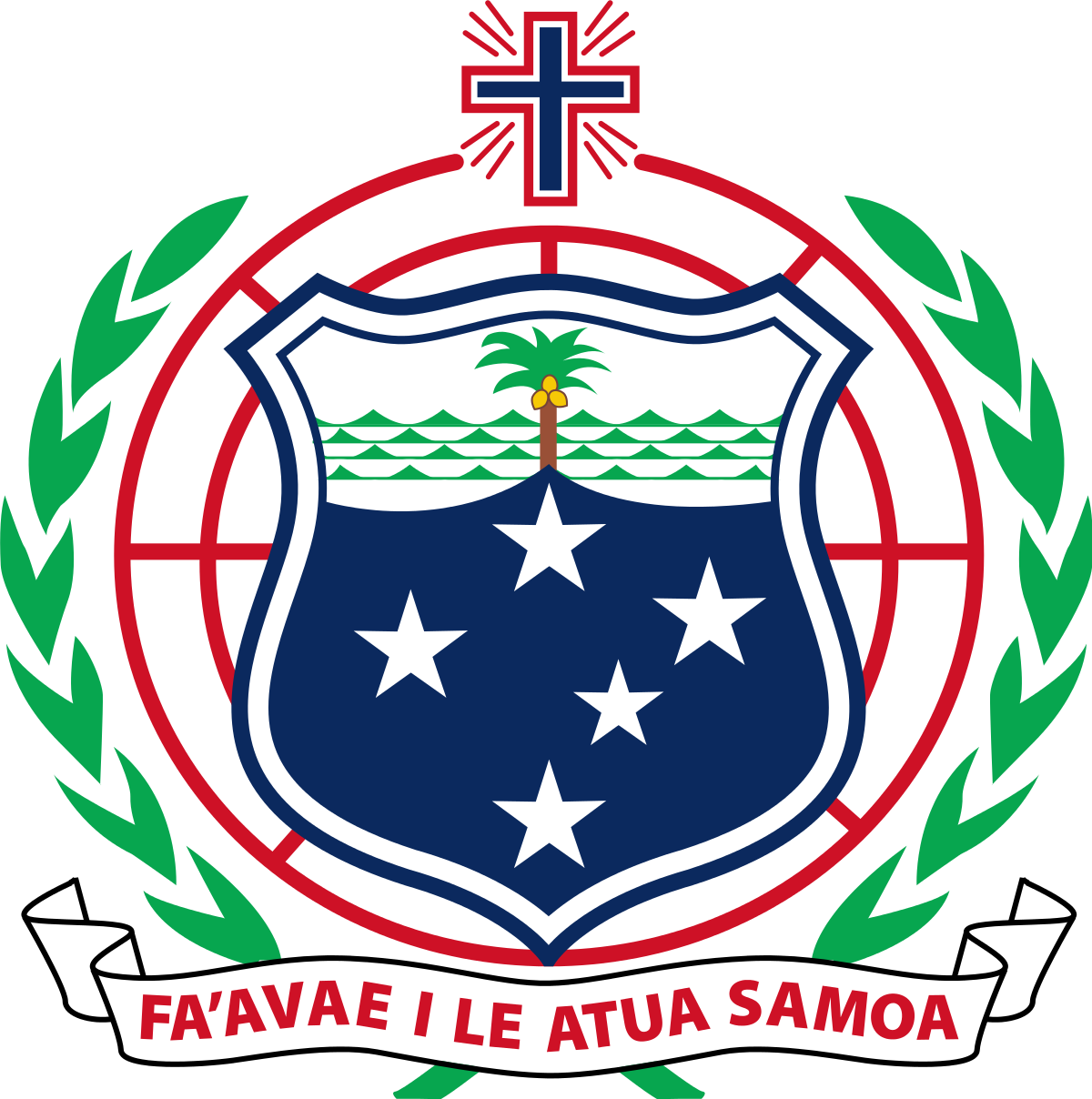

Samoa committed to a human rights approach to implementing the Sustainable Development Goals, focusing investment in vulnerable groups, and is developing an anti-corruption strategy, right to information policy and legislation, open access policy, and clearer guidelines on conducting parallel investigations when it comes to official corruption in government.


Chile made broad commitments for participating governments across the Summit’s pillars. In the fight against corruption, participating states should enforce the prohibition of bribing foreign officials and increase transparency in public bidding. To defend against authoritarianism, governments should respect presidential term limits and not attempt to do away with them, and refrain from inciting election-related violence. For the promotion of human rights, governments should especially support the rights of women, including through international treaties that condemn discrimination and gender-based violence, countering violence, harassment and online abuse of women and supporting efforts to remove obstacles to and advancing their political participation, and advancing legal and constitutional guarantees for equality. Full and equitable access to human rights for all is to be promoted, and governments should commit to launching new initiatives to promote the human rights of underserved communities.


The Democratic Republic of the Congo made commitments to promote, including through new laws, the protection of vulnerable people, organise elections within constitutional deadlines, strengthen key oversight agencies and courts, reform anti-corruption laws, and support a multisectoral commission responsible for the implementation of transitional justice.
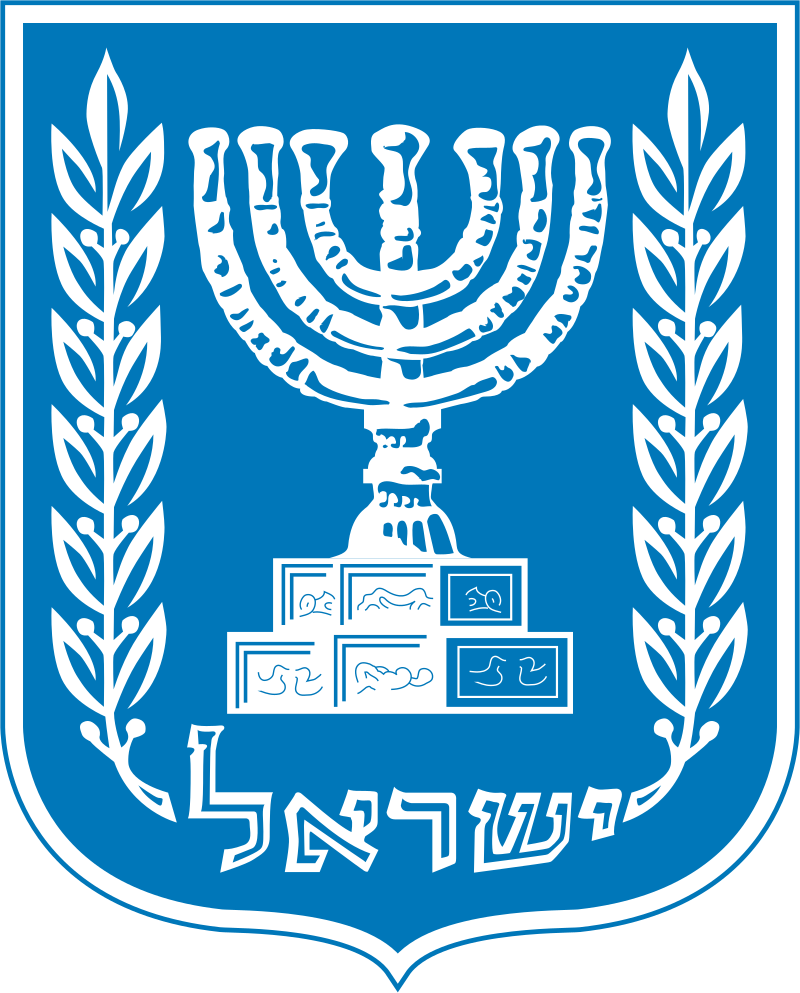

Israel made commitments to work through the Abraham Accords to advance development and prosperity in the region, together with its partners the United Arab Emirates, Bahrain and Morocco. The country committed to ensuring women’s representation and better incorporating women’s experiences and perspectives.
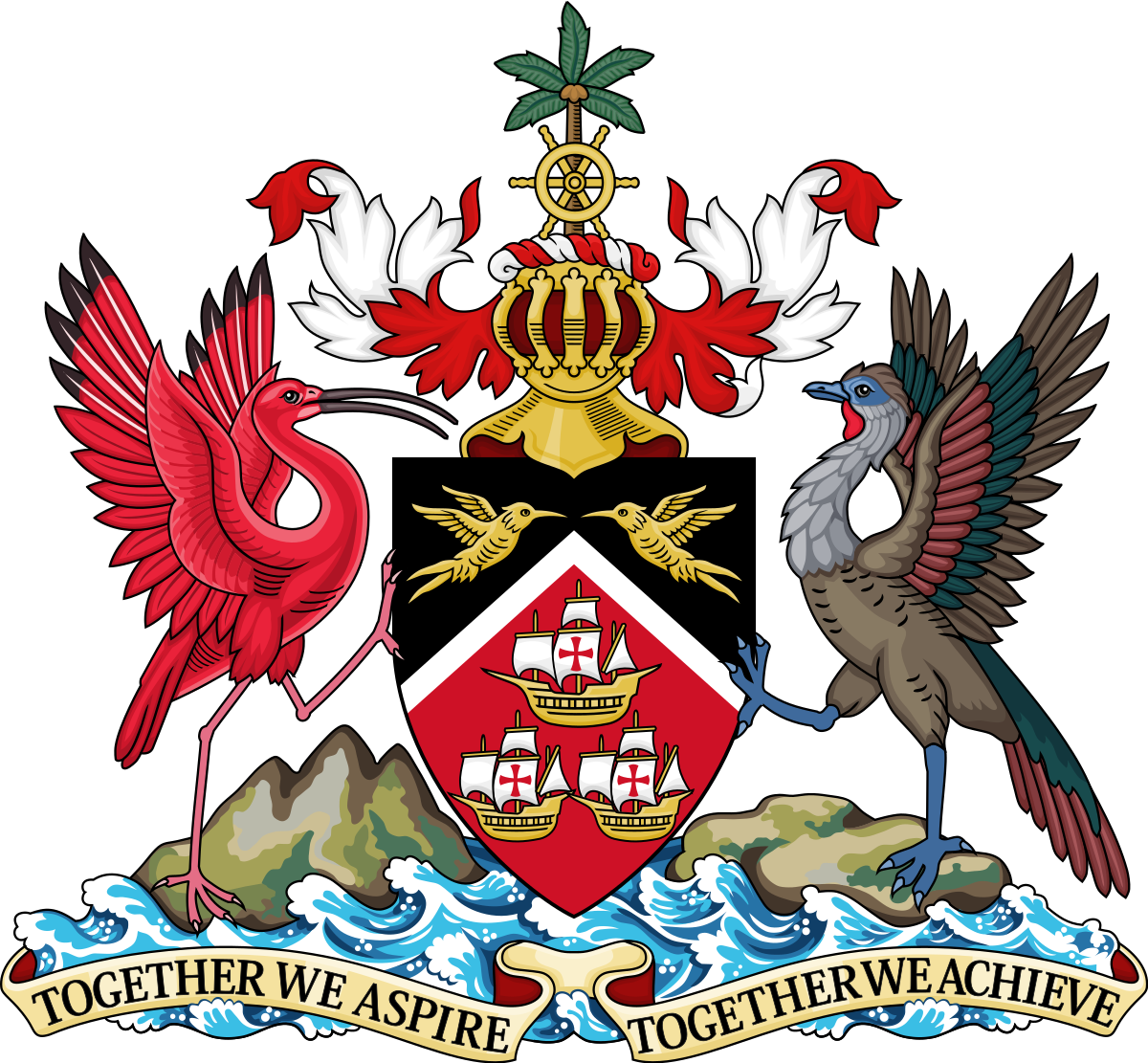

Trinidad and Tobago committed to the values of democracy and the rule of law, looking forward to further participation in global concrete action towards democratic renewal. The country confirmed the importance of transparency and accountability in countering corruption and fostering public trust, pointing to its Integrity in Public Life Act, and its more recent Proceeds of Crime Act, and Public Procurement and the Disposal of Public Property Act.
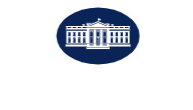


The US administration announced the Presidential Initiative for Democratic Renewal, a set of policy and foreign assistance initiatives that build upon the U.S. Government’s significant, ongoing work to bolster democracy and defend human rights globally. The efforts will centre on five key work areas: supporting free and independent media, fighting corruption, bolstering democratic reformers, advancing technology for democracy, and defending free and fair elections and political processes.



Domestically, the Biden-Harris administration is taking action to restore and strengthen American democracy, which contains initiatives under the Summit’s three pillars. To defend against authoritarianism, compliance will be ensured with voting rights laws, it will be made easier for Americans to register to vote, and steps will be taken to combat misinformation and disinformation. To fight corruption, the administration will continue developing a strategy on countering corruption, and will work towards restoring ethics, transparency and rule of law to prevent future abuses of authority. In promoting respect for human rights, the US will pursue a new national action plan to combat human trafficking, work on reforms to close the racial wealth gap, and promote equality for transgender and gender diverse individuals. Further details are given on different measures taken to innovate upon US elections and safeguard their integrity.

